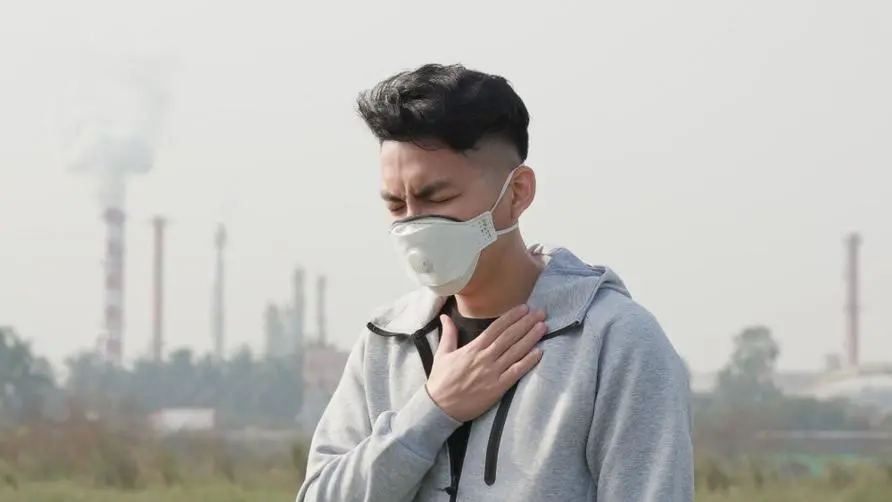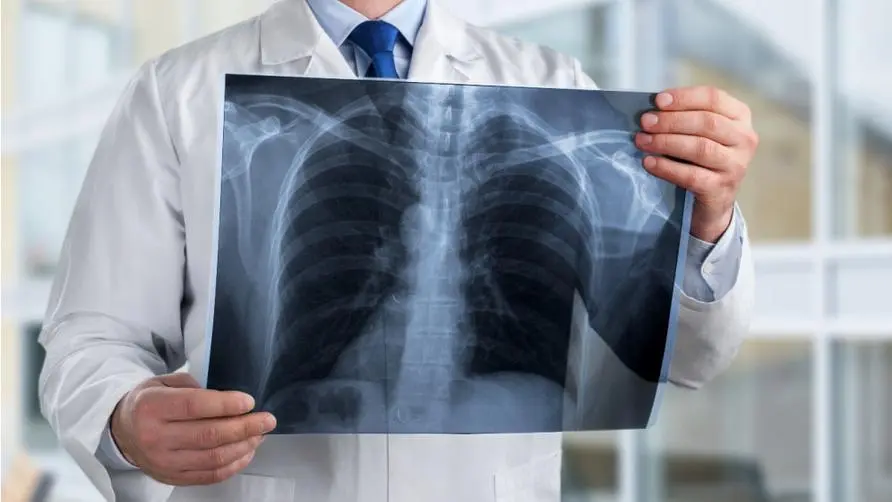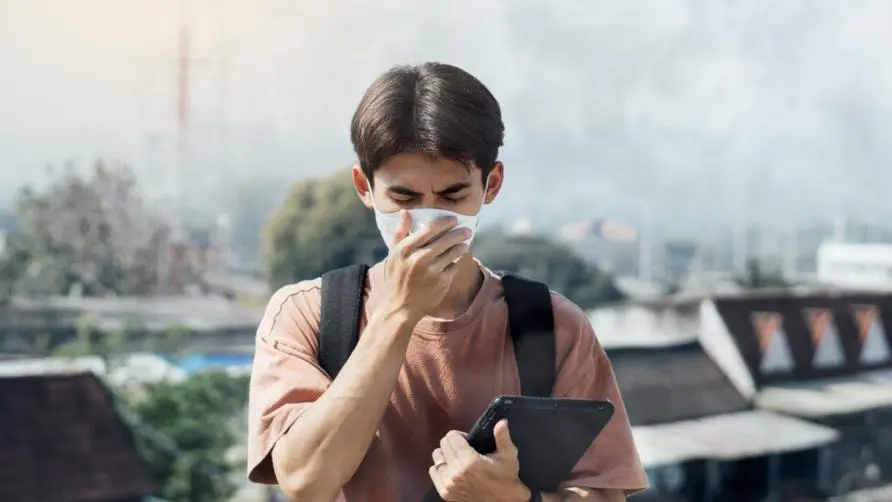Does air pollution PM2.5 cause lung cancer, not due to increased DNA mutations? Nature: Related to long-term inflammatory response

healthorn expert Q&A
Q: Indoor air pollution may cause lung cancer? What else can be done to prevent air pollution from causing cancer?
A: There are many threats to the air in your home. In addition to smoking and burning incense, the easily overlooked “carcinogen formaldehyde” is the main source of indoor air pollution. The boards, sofas, mattresses, and curtains used for decoration will emit a large amount of formaldehyde, further causing the indoor formaldehyde to exceed the standard. Especially for women, children and people prone to allergies, if they live in a space with excessive formaldehyde for a long time, it will increase the frequency of allergies and skin inflammation, and may lead to female infertility, childhood leukemia, cancer and other symptoms.
To solve the problem of formaldehyde poisoning, it is recommended to seek formal formaldehyde removal companies to carry out indoor formaldehyde removal projects. Long-term formaldehyde removal projects usually take more than 3 days to recycle formaldehyde deep inside furniture and decorations using standard construction methods. And it is effectively decomposed to ensure that the formaldehyde concentration in the space is lower than the safe value for a long time. When selecting a manufacturer, special attention should be paid to choosing a manufacturer with a long-term warranty to ensure healthy and non-toxic indoor air quality for a long time and reduce the risk of cancer.
Does air pollution cause cancer by increasing DNA mutations? The cause may be “chronic inflammation”
With the extensive use of internal combustion engines and the development of the petrochemical industry in human society, global air pollution has become increasingly serious. In 2013, the World Health Organization’s International Center for Research on Cancer (IARC) listed outdoor air pollution as a major cause of human cancer. However, how does air pollution affect human health and induce cancer?
In the past, it was generally believed that suspended particles in air pollution such as PM2.5 would increase the mutations of cellular DNA. However, a recent article in the authoritative scientific journal “NATURE” pointed out that air pollution is more harmful to the body and may cause the body to continue to be in chronic inflammation. among them, leading to cancer.
The “NATURE” article emphasized that air pollution is currently the most common carcinogen in human environmental exposure. Through animal experiments, it was found that mouse lung cells with EGFR mutations (the most common gene mutation in human lung adenocarcinoma), DNA The number of mutations did not increase. Instead, the inflammatory response continued for several weeks after exposure to suspended particles and caused immune cells to secrete a pro-inflammatory cytokine called “IL-1B” (interleukin-1B). When the body faces Modulates the immune system and participates in responses during infection. However, large amounts of cytokines cause ongoing chronic inflammation and may be the key to how mutant cells eventually become cancerous.
Lung adenocarcinoma is associated with EGFR mutations and PM2.5 exposure increases inflammatory response
Air pollution kills millions of people around the world every year, of which more than 250,000 die from lung adenocarcinoma, the most common type of lung cancer in non-smokers. “NATURE” pointed out that compared with carcinogens such as tobacco (cigarettes) and ultraviolet rays, there is a relatively lack of clear research on how air pollution causes cancer. At the same time, although smoking is regarded as the main risk factor for lung cancer (especially small cell lung cancer), the number of non-smokers suffering from lung adenocarcinoma continues to increase around the world.
The Francis Crick Institute of Cancer Research in London, UK, collected environmental epidemiological data from the UK, Canada, South Korea, and Taiwan. The results of the analysis confirmed that lung adenocarcinoma with EGFR gene mutations is related to exposure to PM2.5 and other suspended particles. The main sources of PM2.5 are products from internal combustion engines, fuel-fired power generation and wood burning processes.
In order to understand how air pollution and EGFR gene mutations cause cancer, the research team used genetically modified mice to conduct animal experiments. The results showed that immune cells in the lungs of mice exposed to PM2.5 released more IL-1B, indicating that air pollution caused The mechanism of cancer may not be the induction of new cell mutations, but the long-term continued inflammation in the organism, causing the originally mutated cells to gradually grow and eventually become lung cancer.
How to prevent air pollution from initiating mutant cells? Healthy eating helps prevent inflammation
“NATURE” pointed out in a special article that animal experiments on air pollution are consistent with previous literature results. In experiments on more than 20 known or suspected human carcinogens, the vast majority did not increase the amount of DNA mutations in mice. Therefore, the key to preventing cancer will lie in how to prevent cells with mutations from being “activated” or “activated” after exposure to environmental factors such as air pollution.
Allan Balmain, a cancer researcher at the University of California, San Francisco, believes that blocking the expression of IL-1B with drugs is unlikely to be a feasible way to prevent and treat lung cancer. First, the drugs are expensive and not suitable for widespread prevention. Second, using drugs to block immune cells The secretion of cytokines may also cause other unexpected side effects.
The simplest and most effective way may be to combat chronic inflammation and reduce the risk of other cancers through healthy dietary changes. Balmain suggested that people should re-examine the concept of cancer prevention and adopt feasible dietary adjustments, which can help prevent lung cancer and various malignant diseases in the long run.
source:
Further reading:





